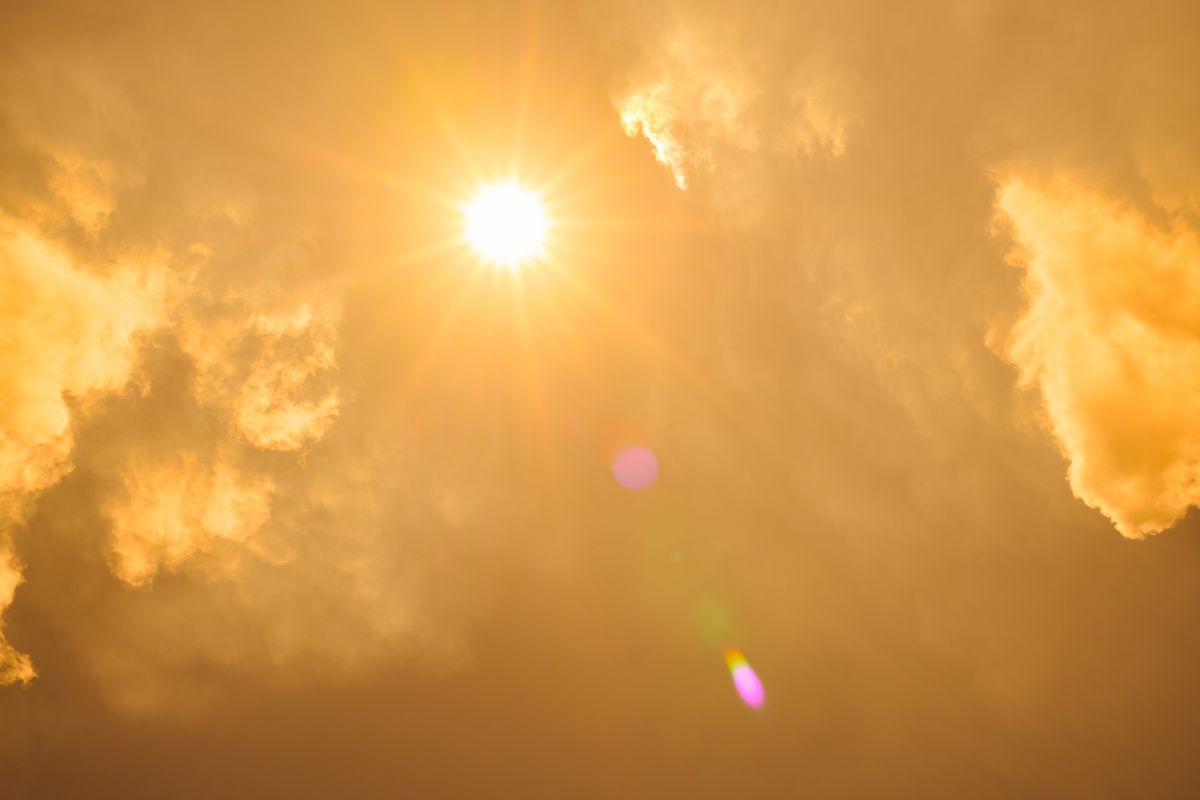
18 Jun 7 Tips on How to Beat the Summer Heat
Beating the Summer Heat: Maximizing Your HVAC System for Extreme Temperatures
As summer temperatures soar to unprecedented highs, keeping your home cool becomes more challenging and crucial. When the mercury rises above normal levels, your HVAC system must work overtime to maintain a comfortable indoor environment.
Understanding how to optimize your thermostat settings and efficiently use your HVAC system can significantly impact your comfort and energy bills. Here’s a comprehensive guide to help you stay cool and save money during those blistering summer days.
1. Optimize Your Thermostat Settings
Set a Higher Temperature When Away: When you’re not home, set your thermostat to a higher temperature. The U.S. Department of Energy recommends setting it to 78°F when you’re home and higher when you’re away. This practice prevents your HVAC system from overworking and saves on energy costs.
Utilize a Programmable Thermostat: A programmable thermostat can automatically adjust the temperature based on your schedule. Set it to cool down your home shortly before you arrive and to warm up slightly after you leave. This way, you maintain comfort without unnecessary energy consumption.
Consider a Smart Thermostat: Smart thermostats offer advanced features such as learning your schedule, remote control via smartphone apps, and integrating with home automation systems. These can optimize cooling based on your habits and preferences, enhancing both comfort and efficiency.
2. Maintain Your HVAC System
Regular Maintenance: Routine maintenance is critical for your HVAC system’s efficiency and longevity. Schedule a professional inspection and tune-up before the peak summer months. This includes checking refrigerant levels, cleaning coils, and ensuring all components are in working order.
Change Air Filters Frequently: Dirty air filters restrict airflow and force your HVAC system to work harder, consuming more energy. During extreme heat, check and replace your air filters every month. This simple step can significantly improve your system’s efficiency.
Clean the Outdoor Unit: Ensure the outdoor condenser unit is free from debris such as leaves, grass, and dirt. A clean unit improves airflow and heat exchange, helping your HVAC system run more efficiently.
3. Enhance Your Home’s Insulation
Seal Windows and Doors: Check for gaps and cracks around windows and doors, which can let cool air escape and hot air in. Use weatherstripping or caulk to seal these areas. This not only keeps your home cooler but also reduces the workload on your HVAC system.
Upgrade Insulation: Proper insulation in your attic and walls helps maintain a consistent indoor temperature. Consider upgrading your insulation to keep the cool air in and the hot air out, making your home more energy-efficient.
Use Energy-Efficient Windows: If your windows are old or single-pane, consider upgrading to double-pane or energy-efficient windows. These windows have better insulating properties, reducing heat transfer and keeping your home cooler.
4. Utilize Fans and Ventilation
Ceiling Fans: Ceiling fans help circulate cool air throughout your home. In the summer, set your ceiling fans to rotate counterclockwise to push cool air down. This can make your home feel cooler without solely relying on your HVAC system.
Exhaust Fans: Use exhaust fans in your kitchen and bathrooms to remove heat and humidity. Cooking and showering can significantly increase indoor temperatures, and exhaust fans help to vent the hot, humid air outside.
Close Unused Rooms: If you have rooms that are rarely used, close the doors and vents in those areas. This allows your HVAC system to focus on cooling the occupied spaces more efficiently.
5. Smart Cooling Practices
Use Curtains and Blinds: During the hottest parts of the day, close curtains and blinds to block out direct sunlight. This simple action can reduce indoor temperatures by several degrees, reducing the burden on your HVAC system.
Limit Heat-Generating Activities: Avoid using heat-generating appliances like ovens, stoves, and dryers during the peak heat of the day. Opt for microwave cooking or grilling outdoors. Additionally, consider running dishwashers and washing machines at night when temperatures are cooler.
Hydrate and Stay Cool: Remember to stay hydrated and wear lightweight, loose-fitting clothing. Use cool compresses or take a refreshing shower to lower your body temperature without increasing the demand on your HVAC system.
6. Emergency Preparedness
Have a Backup Plan: In case of HVAC failure during extreme heat, have a backup plan. This could include portable fans, window air conditioning units, or identifying nearby cooling centers. Having a contingency plan ensures you can stay safe and comfortable even during HVAC emergencies.
Know the Signs of Heat-Related Illnesses: Be aware of the symptoms of heat-related illnesses such as heat exhaustion and heat stroke. Symptoms include heavy sweating, weakness, dizziness, nausea, and confusion. Seek medical attention immediately if you or someone in your household shows signs of heat-related illness.
7. Long-Term Solutions
Consider an HVAC Upgrade: If your HVAC system is old and struggling to keep up with extreme temperatures, it might be time for an upgrade. Newer systems are more energy-efficient and can handle higher cooling demands. Consult with an HVAC professional to explore options that best fit your home’s needs.
Explore Alternative Cooling Methods: Investigate alternative cooling methods such as evaporative coolers, which use less energy than traditional air conditioners. These are particularly effective in dry climates and can significantly reduce energy consumption.
Energy Audit: Conduct an energy audit of your home to identify areas where you can improve energy efficiency. Many utility companies offer free or low-cost audits that can provide valuable insights and recommendations for reducing your cooling costs.
Conclusion
As extreme summer temperatures become more common, optimizing your HVAC system and home environment is essential to staying cool and comfortable.
By implementing these strategies, you can enhance your system’s efficiency, reduce energy consumption, and protect yourself from the heat.
Regular maintenance, smart thermostat settings, proper insulation, and mindful cooling practices all play a role in ensuring your home remains a refuge from the summer heat. Stay proactive and informed to make the most of your HVAC system during those sweltering days.
If you need assistance let us know. Our HVAC technicians at TMC are standing by and ready to help keep your home comfortable.

